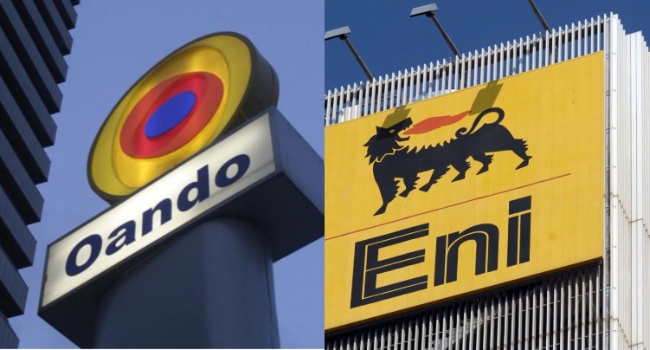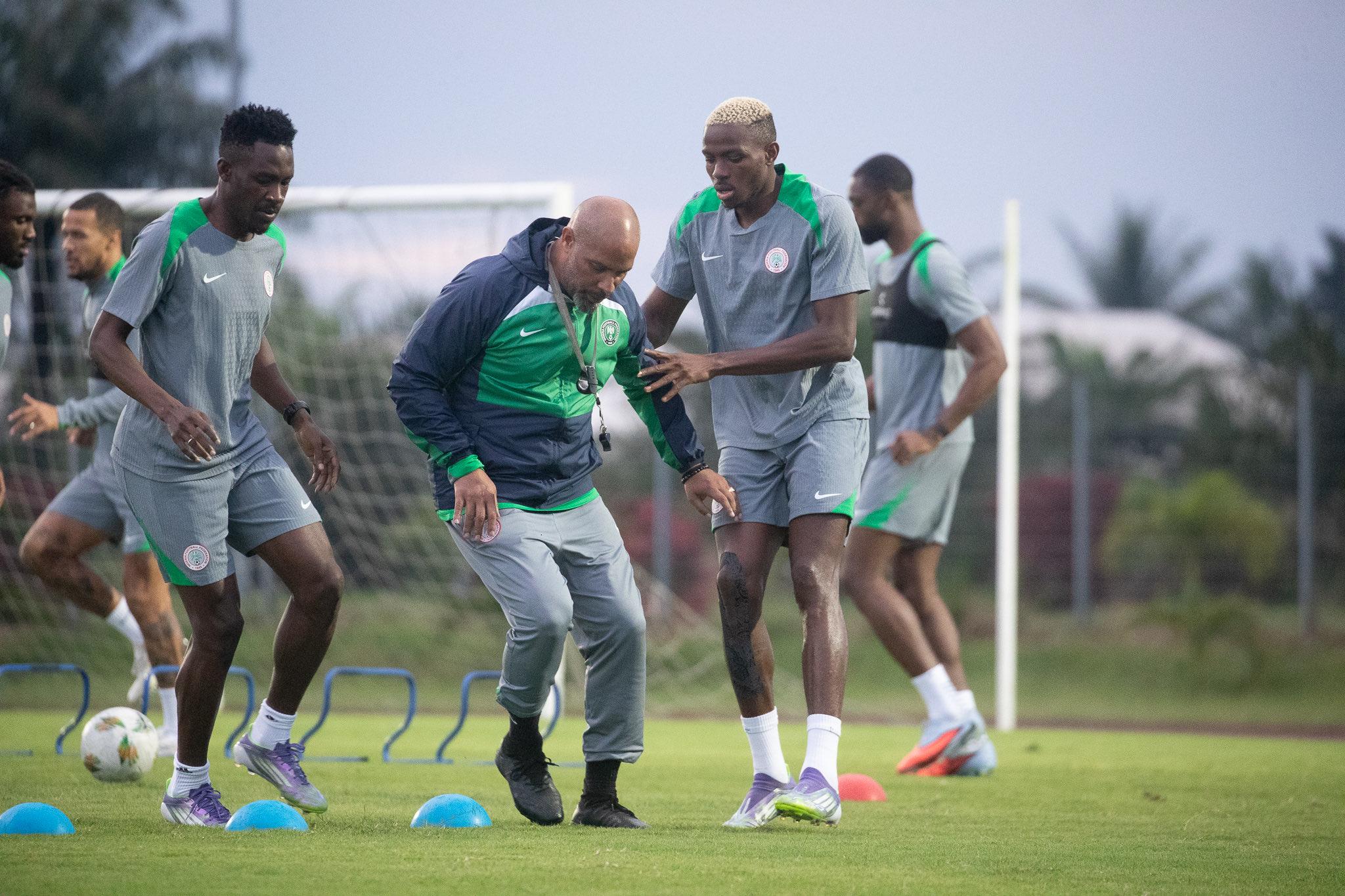Dangote refinery uses local crude to replace foreign oil, aiming for 100% Nigerian supply by 2025, marking a historic energy transition in Africa’s largest refinery
[dropcap]D[/dropcap]angote refinery uses local crude in a game-changing move that could redefine Nigeria’s energy landscape.
Also read: Dangote petrol price reduction offers emotional relief amid economic strain
By the end of 2025, Africa’s largest refinery is expected to rely entirely on Nigerian crude oil. This development signals a sharp turn from decades of foreign oil dependence.
The \$20 billion Dangote Refinery, located in Lagos, has a capacity of 650,000 barrels per day. While it has yet to reach full capacity, it is already processing 550,000 barrels daily.
The company disclosed that 53% of June’s crude supply came from Nigerian producers, while the remaining 47% came from abroad, including the United States.
Vice President of Dangote Industries, Devakumar Edwin, told Bloomberg that full transition to domestic crude could happen before 2026.
“We expect some of the long-term contracts will expire. Personally, and as a company, we expect that before the end of the year we can transition 100% to local crude,” Edwin said.
He acknowledged that this shift demands a substantial increase in domestic oil production. However, confidence remains high that the supply gap will close.
“Improved sourcing from within Nigeria is crucial, especially as the oil sector has faced challenges,” he explained.
The refinery’s original mission was to solve one of Nigeria’s longest-standing inefficiencies: exporting crude only to import expensive refined products.
For decades, the country’s reliance on foreign refineries drained public resources and fuelled corruption. The operation of the Dangote Refinery now represents a bold solution to that problem.
Initial operations relied heavily on foreign crude sources due to local supply limitations. Countries like Brazil, Angola, Ghana and Equatorial Guinea had all contributed to the early feedstock of the refinery.
But that is beginning to change. A coordinated effort between the refinery, local oil traders and the federal government has improved the availability of Nigerian crude.
Still, several obstacles remain. Many oil majors have exited Nigeria’s onshore and shallow water assets, passing them on to smaller domestic firms.
These companies often lack the infrastructure to match international output levels. Moreover, crude oil theft and pipeline vandalism persist, especially in the Niger Delta. These issues continue to restrict the volume of oil available for domestic refining.
Despite these difficulties, progress is evident. Nigeria’s state oil company has committed to supplying Dangote with five crude cargoes in July and another five in August.
Each of these shipments carries about one million barrels. These consistent deliveries are expected to boost confidence in local supply chains.
For a country long plagued by fuel scarcity and high import bills, this transition could be a turning point. Industry analysts see the refinery as not just a business venture but a strategic asset capable of shifting the dynamics of African energy economics.
The gradual ramp-up of the plant has already made Nigeria a net exporter of refined petroleum products, according to industry reports.
This development is expected to ease the pressure on the country’s foreign exchange reserves, as import dependence steadily declines.
Edwin concluded with cautious optimism. “That still requires a significant increase of local oil over the coming months,” he said. But the goal remains firm.
By relying solely on Nigerian crude, the Dangote Refinery aims to showcase the viability of homegrown solutions to national challenges.
Also read: Dangote crude oil deal tops N219bn despite supply suspension, pricing concerns
Dangote refinery uses local crude not only to refine fuel but also to refine Nigeria’s energy future. With steady supply and firm commitment, the refinery could mark the end of Nigeria’s crude-export-refined-import cycle, ushering in a new era of industrial self-sufficiency.
Oreoluwa is an accountant and a brand writer with a flair for journalism.
























